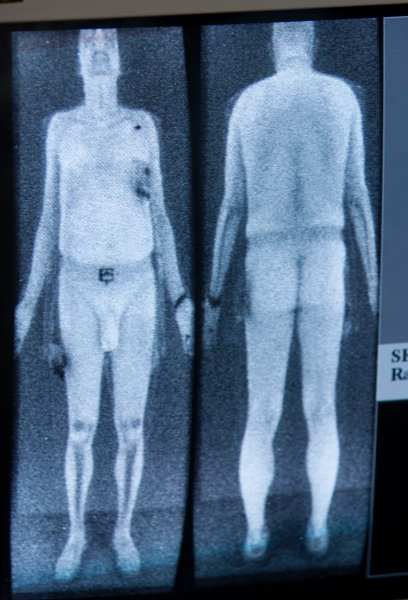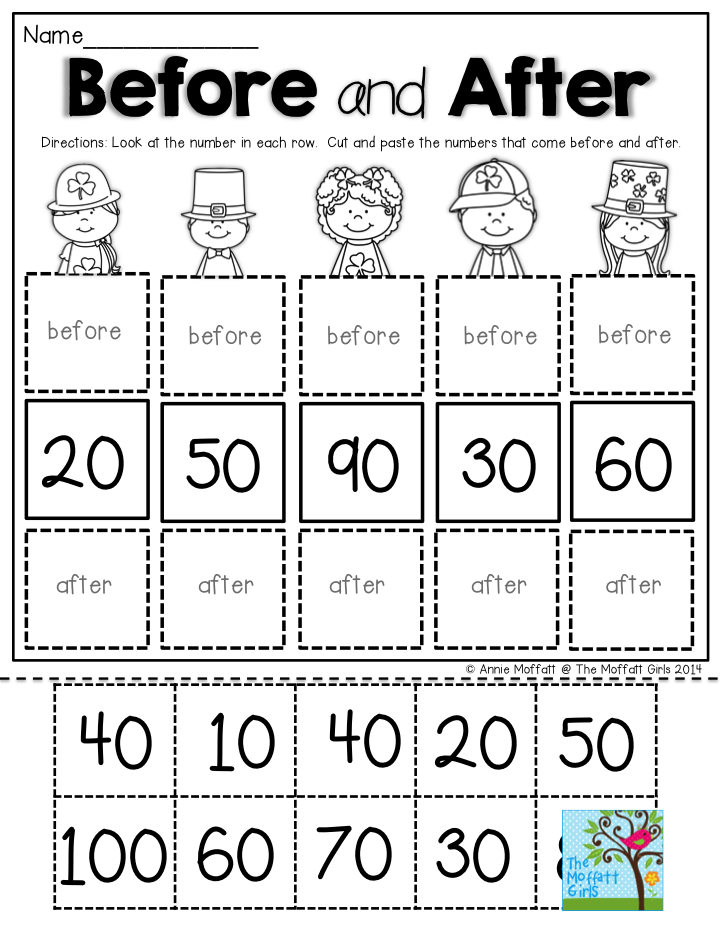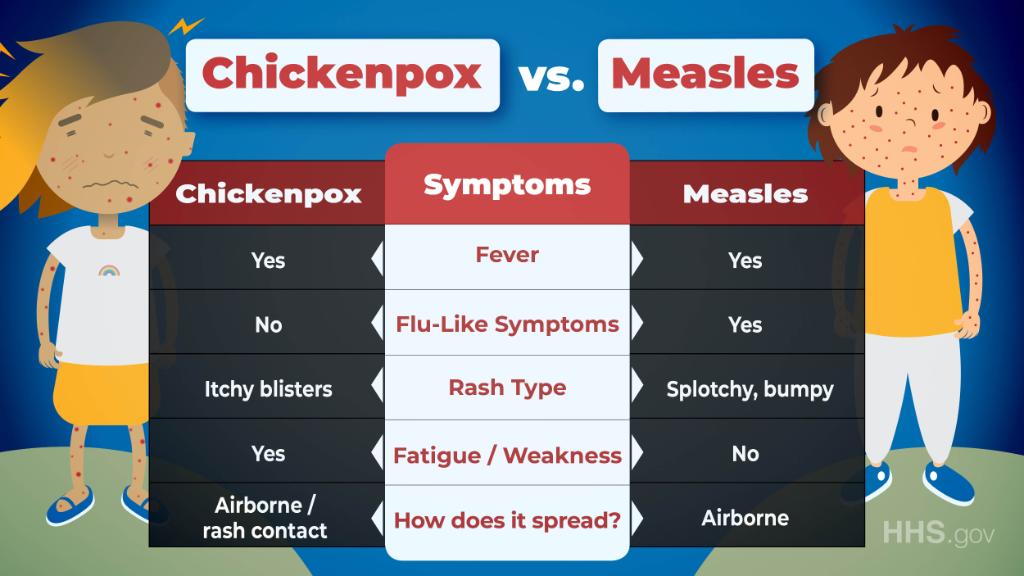Mother have a baby
How Becoming a Mom Changes You after Birth
Most of us would admit to experiencing frantic, middle-of-the-night thoughts while we were pregnant in which we questioned our choice to become parents, or wondered whether we’d still be the same person after becoming a mom. Those of us who planned on pursuing careers after giving birth might also have agonized over whether we would be as committed to our jobs.
When singer and songwriter Amanda Palmer was pregnant, a fan expressed this worry for her, wondering whether Palmer’s career would suffer after she became a mom. She was concerned that the artist wouldn’t be able to produce songs of the same standard. “When you have this baby,” she argued, “either him/her/it will suffer, or your career will suffer.”
Related: What happens to a woman’s brain when she becomes a mother
In her response via an open letter on Medium, Palmer expressed her own nervousness about her possible “loss of identity as an artist” when she becomes a mother. She wrote about concerns that had plagued her when she was deciding whether to have a child: “If I had kids,” she mused, “would I turn into a boring, irrelevant, ignorable artist? Would I suddenly start writing songs about balance…? Would I become that annoying person who is so enthralled with their child that it’s impossible to have an intelligent conversation with them about art because they’d rather show you iPhone photos of their kid drooling out a spoonful of mashed carrots?”
Changing lives
There’s no denying it: After giving birth, your priorities change. You change. Different issues take precedence at different stages of your life. Life with a newborn is worlds away from the child-free life, and life with a teenager is worlds away from life with a newborn. Whereas your main concern prior to having children might have been how to climb the corporate ladder, your most urgent thought after giving birth might be how to do both—climb the ladder and be an involved parent—or even how to step off the ladder completely. The person you were then is not the person you are now.
The person you were then is not the person you are now.
Research tells us that a lot of change happens when we choose to have babies, and that a mother is not the same person she was before having children. Scientific American reported in 2006 that almost all female mammals undergo “fundamental changes” during pregnancy and after birth and that pregnancy and lactation hormones may alter the brain, “increasing the size of the neurons in some regions and producing structural changes in others.”
Related: Here’s why becoming a mother for the first time is so physically intense
Other research has found that a combination of pregnancy hormones and the experience of pregnancy and birth improve our memory and learning abilities.
Changing priorities
Moms who were asked whether they felt they had changed all agreed that they had. Photographer and mom Carmen Visser believes, however, that Palmer’s fears are misdirected and that her priorities will change after becoming a mom: “While pregnant, you have time to think and worry about losing your identity, but once the child is there, there is no time to worry about life, because life is happening.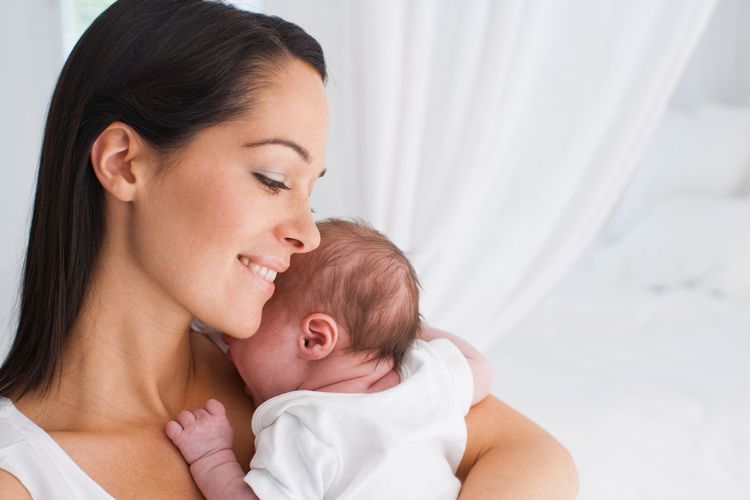 Life with a child is rich—richer than fearing the loss of your own identity.”
Life with a child is rich—richer than fearing the loss of your own identity.”
Ema, mom to three boys, agrees: “When I became a mum, I kinda lost the ‘me.’ Obviously we all need a bit of ‘me’ time now and then, but I wouldn’t change a thing. Now I am more than ‘me’. I’m a mother.”
Teacher and mom of two, Shereen, says that the biggest change she experienced since becoming a mom is “the emotional vulnerability one feels. I look at people who have lost kids,” she says, “and there is such a fear and knowledge that the pain of such a loss is beyond anything I ever want to experience. I also have so much more empathy with others, whereas before kids I think I was quite emotionally detached.”
Related: Yes, motherhood changes you, but for the better
Ema has also experienced this vulnerability since becoming a mom: “I used to watch the news or a documentary and see children suffering. Although I felt sadness, there was also a disconnection and an inability to understand exactly what those images represented as a whole.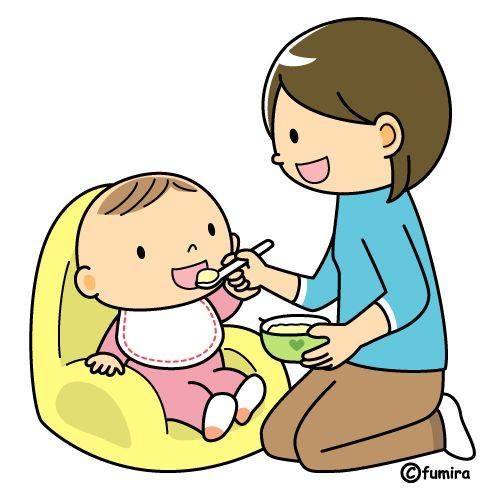 Now, every child on the news is my child. Also, I used to be scared of not being popular, or having enough money to buy all the nice things friends had, or be able to go on cool exciting holidays. Now, my fear is that I can’t provide everything needed by my kids. I fear that I won’t be capable of giving them the best chances in life.”
Now, every child on the news is my child. Also, I used to be scared of not being popular, or having enough money to buy all the nice things friends had, or be able to go on cool exciting holidays. Now, my fear is that I can’t provide everything needed by my kids. I fear that I won’t be capable of giving them the best chances in life.”
Melany, mom to Eden, said that she didn’t want to have children, but then, along came her little one. “When I turned 38, my mom, sister, and I discussed over a Christmas glass of wine how great it would be to have a combination of (my husband) and me running around. I threw away my pills, closed my eyes, and didn’t look! A year and a half later, Eden arrived.”
“I don’t think the core of who I am has changed. I am still me. I haven’t changed, but I have grown. My heart is bigger and it overflows with an untarnished, uncomplicated, and pure love for Eden. It is regenerating to see the world through her eyes. We make daily escapes to fantasy worlds filled with imaginary creatures. Life is better, more beautiful, and more peaceful with my daughter in it.”
Life is better, more beautiful, and more peaceful with my daughter in it.”
Change for the better?
Certainly Palmer’s fan’s fears about whether she would change weren’t unfounded. But will the change be for better or worse? Will her ability as an artist suffer?
Poet and novelist Finuala Dowling believes Palmer has nothing to fear. She argues that motherhood spurred her on to become a writer. “I found that my writing ambitions only gained clarity once I got pregnant. I suddenly realized that I had wasted a decade wishing I could be a writer but producing very little beyond two failed novels and some stories. In 1993, I sat down with my growing belly and, with an almost overpowering sense of time running out, wrote a story that went on to win a prize. Later, knowing that my daughter woke early, I would wake even earlier to write the chapters of what would become my first novel. I think becoming a mother teaches one how to use all the available time.”
Researchers from the Netherlands in 2015 proved that during pregnancy, fetal cells enter and spread throughout the mother’s body. Called “microchimerism,” it’s the presence of cells “with a different genetic background” within your body. The researchers collected samples from 26 women who had been pregnant with sons and found the presence of Y chromosomes in all of them.
Called “microchimerism,” it’s the presence of cells “with a different genetic background” within your body. The researchers collected samples from 26 women who had been pregnant with sons and found the presence of Y chromosomes in all of them.
That’s solid proof that, after becoming a mom, you’re not the same person. It’s Palmer’s choice whether she turns into a “boring, irrelevant, ignorable artist” and someone who is unable to have an intelligent conversation. The unavoidable fact, though, is that pregnancy, birth and parenthood will have changed her profoundly.
This story was originally published on October 17, 2021. It has been updated.
What It Is and How Does Surrogacy Work
Written by Rebecca Buffum Taylor
Medically Reviewed by Jennifer Robinson, MD on November 04, 2021
In this Article
- What Is a Surrogate Mother?
- Who Uses Surrogates?
- Finding a Surrogate
- How to Choose a Surrogate
- Using a Surrogate
- Legal Issues With Surrogates
There's still some controversy about using a surrogate mother to have a baby.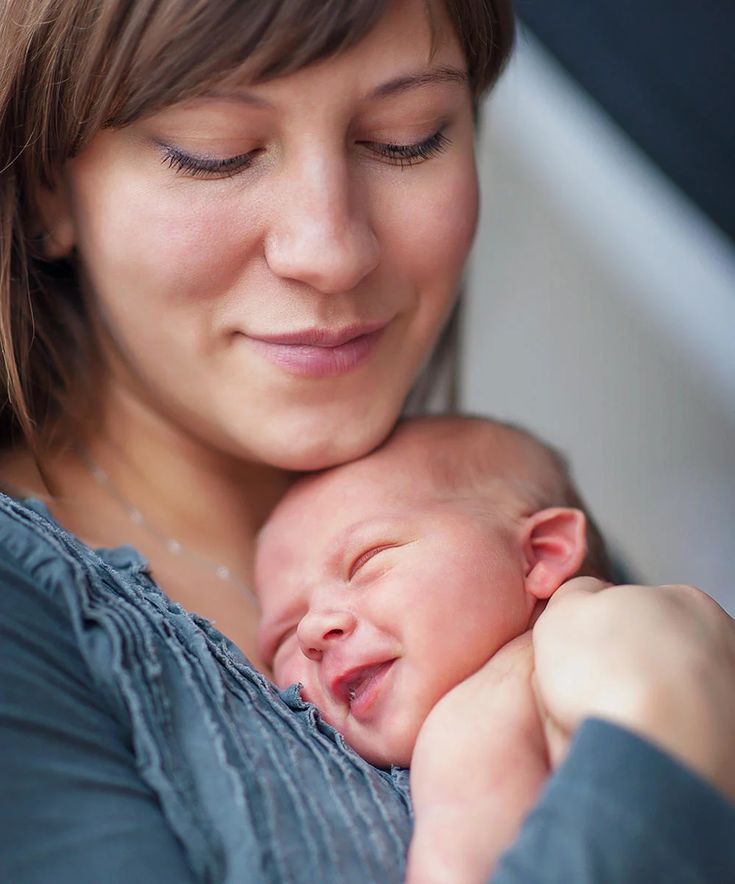 The legal process is also tricky because it varies from state to state. Even so, whether it's because of fertility problems or other reasons, surrogacy is an option for you and your partner. Find out how it works and see if it's right for you.
The legal process is also tricky because it varies from state to state. Even so, whether it's because of fertility problems or other reasons, surrogacy is an option for you and your partner. Find out how it works and see if it's right for you.
What Is a Surrogate Mother?
There are two kinds:
Traditional surrogate. It's a woman who gets artificially inseminated with the father's sperm. They then carry the baby and deliver it for you and your partner to raise.
A traditional surrogate is the baby's biological mother. That's because it was their egg that was fertilized by the father's sperm. Donor sperm can also be used.
Gestational surrogates. A technique called "in vitro fertilization" (IVF) now makes it possible to gather eggs from the mother (or an egg donor), fertilize them with sperm from the father (or a sperm donor), and place the embryo into the uterus of a gestational surrogate.
The surrogate then carries the baby until birth. They don't have any genetic ties to the child because it wasn't their egg that was used.
A gestational surrogate is called the "birth mother." The biological mother, though, is still the woman whose egg was fertilized.
In the U.S., gestational surrogacy is less complex legally. That's because both intended parents have genetic ties to the baby. As a result, gestational surrogacy has become more common than a traditional surrogate. About 750 babies are born each year using gestational surrogacy.
Who Uses Surrogates?
If you're a woman, you may consider a surrogate for several reasons:
- Medical problems with your uterus
- You had a hysterectomy that removed your uterus
- Conditions that make pregnancy impossible or risky for you, such as severe heart disease
You may want to think about surrogacy if you tried but couldn't get pregnant with a variety of assisted-reproduction techniques, such as IVF.
Surrogates have also made parenthood an option for people who might not be able to adopt a child, perhaps because of their age or marital status.
If gay men decide to use a traditional surrogate, one of them uses their sperm to fertilize the surrogate's egg through artificial insemination. The surrogate then carries the baby and gives birth.
A gay couple might also choose an egg donor, fertilize that donated egg, and then have the embryo implanted in a gestational surrogate to carry until birth.
Finding a Surrogate
There are several ways you can find a surrogate mother:
Friends or family. Sometimes you can ask a friend or relative to be a surrogate for you. It's somewhat controversial. But because of the high cost of surrogacy and the complex legal issues it raises about parental rights, a tried-and-tested family relationship can be simpler to manage.
The American Society for Reproductive Medicine accepts certain family ties as acceptable for surrogates. It generally discourages surrogacy, though, if the child would carry the same genes as a child born of incest between close relatives.
A surrogacy agency. Most people use one to arrange a gestational surrogate. There are about 100 agencies now operating in the U.S. They act as go-betweens.
An agency helps you find a surrogate and make arrangements. It also collects any fees that get passed between you and the surrogate, such as paying for their medical expenses.
How to Choose a Surrogate
Right now there aren't any regulations about who can be a surrogate mother. But experts agree on a few points about how to select one.
You should choose surrogates who:
- Are at least 21 years old
- Have already given birth to at least one healthy baby so they understand firsthand the medical risks of pregnancy and childbirth and the emotional issues of bonding with a newborn
- Have passed a psychological screening by a mental health professional to uncover any issues with giving up the baby after birth
- Sign a contract about their role and responsibilities in the pregnancy, such as prenatal care and agreeing to give you the baby after birth
Using a Surrogate
The American Society for Reproductive Medicine says surrogates should get a medical exam to check that they are likely to have a healthy, full-term pregnancy. The organization suggests they get tests that check for infectious diseases such as syphilis, gonorrhea, chlamydia, HIV, cytomegalovirus, and hepatitis B and C.
The organization suggests they get tests that check for infectious diseases such as syphilis, gonorrhea, chlamydia, HIV, cytomegalovirus, and hepatitis B and C.
Surrogates should get tests to make sure they have immunity to measles, rubella (German measles), and chickenpox. Also, you may want to ask that they get a medical procedure to visually "map" the uterus, which can help the doctor check their potential to carry a pregnancy. Surrogate mothers should have their own doctor during pregnancy rather than use yours.
The cost of surrogacy can range from $80,000 to $120,000. A lot of different things go into the price, such as whether the surrogates have their own medical insurance or whether you need to buy a surrogacy-pregnancy policy for them.
Legal Issues With Surrogates
Parental rights aren't guaranteed after a surrogate pregnancy. The law continues to change as reproductive technology and the very definition of a "parent" changes.
There isn't a federal law on surrogacy and state laws vary. After a surrogate pregnancy in some states, you may still have to pass adoption proceedings to gain legal custody of the child. In other states, a "declaration of parentage" before birth lets you avoid having to "adopt" the baby.
After a surrogate pregnancy in some states, you may still have to pass adoption proceedings to gain legal custody of the child. In other states, a "declaration of parentage" before birth lets you avoid having to "adopt" the baby.
To protect your rights as parents-to-be -- and the rights of the child you're hoping to have -- hire an attorney who specializes in reproductive law in your state. They can write a surrogacy contract that clearly spells out what everyone needs to do.
A contract like that may help if legal issues come up after birth. It can also outline agreements about a variety of possible scenarios with the pregnancy, such as what happens if there are twins or triplets.
Infertility & Reproduction Guide
- Overview
- Symptoms
- Diagnosis & Tests
- Treatment & Care
- Support & Resources
Your mother has a child, but it is neither your brother nor your sister.
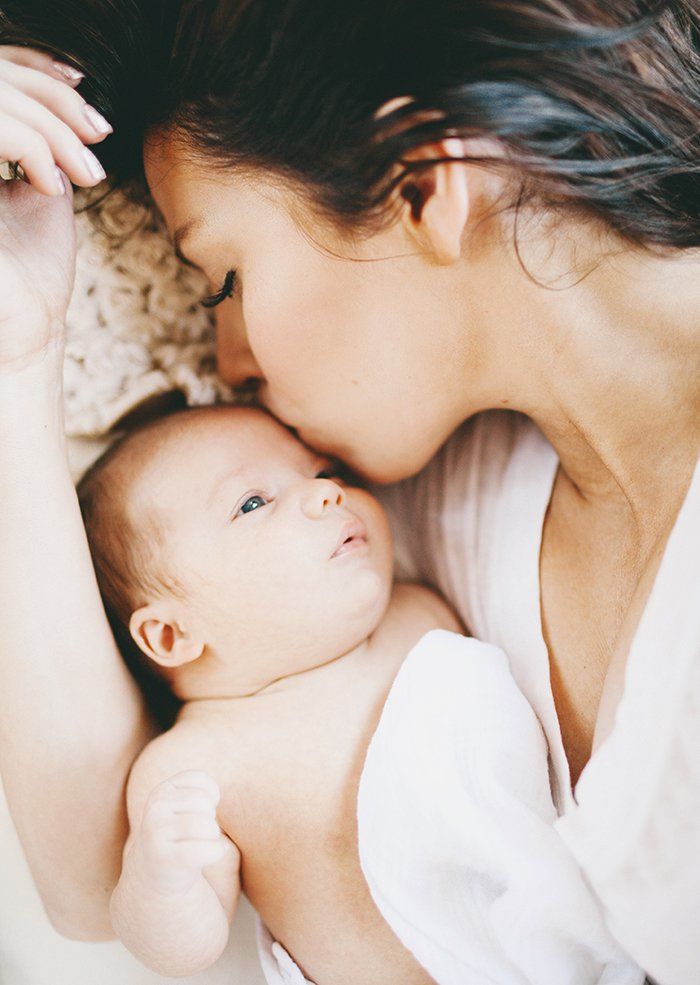 Who is he? “Discuss Your mother has a child, but it is not your brother or sister. Who is he? — Discuss
Who is he? “Discuss Your mother has a child, but it is not your brother or sister. Who is he? — Discuss Valentine
Your mother has a child, but it is not your brother or your sister. Who is he? child Brother mother sister
144
19
0
Answers
Ro
Robert
the queen gave birth on the night of a son Toli Toli daughter
0
Valentine
THE ANSWER IS YOU
1
Ro
Robert
rough
1
Valentine
THIS IS THE ANSWER TO THE RIDDLE. I NEVER BE RUDE
I NEVER BE RUDE
1
Ro
Robert
understood
1
Gennady Solovyov Z
children's riddle is me
0
Valentine
1
E'kat'erina Vitolden
I'll call my mother and ask)))
0
Valentine
1
Dmitry Zadorozhny
Et me!
1
E'kat'erina Vitolden
Hello, brother!)
1
Alexander Vasiliev
1
Valentine
1
Nino
husband, our father
0
Valentine
YOU
1
Nino
I'm not myself. .. then dad is always a child..only the elder one..and when the younger one is sick
.. then dad is always a child..only the elder one..and when the younger one is sick
1
Valentine
OH..... YOU YOURSELF
1
Nino
1
......!
There is no such thing!
0
Valentine
YES IT'S YOU!
1
......!
I am aware
1
Valentine
1
Alexey Nikiforov
It's you.
0
Valentine
1
DD
Dmitry Dmitriev
Your dad.
0
Valentine
YOU
1
DD
Dmitry Dmitriev
M yes
1
Elena Serebryakova
kitten
0
Valentine
YOU ARE THE ANSWER
1
Elena Serebryakova
oh really you are right
1
Valentine
1
Elena Serebryakova
1
Valentine
THANK YOU
1
Elena Serebryakova
1
Konstantin Egorov
Monster?
0
Valentine
YOU
1
Alexander Eltyshev
You yourself.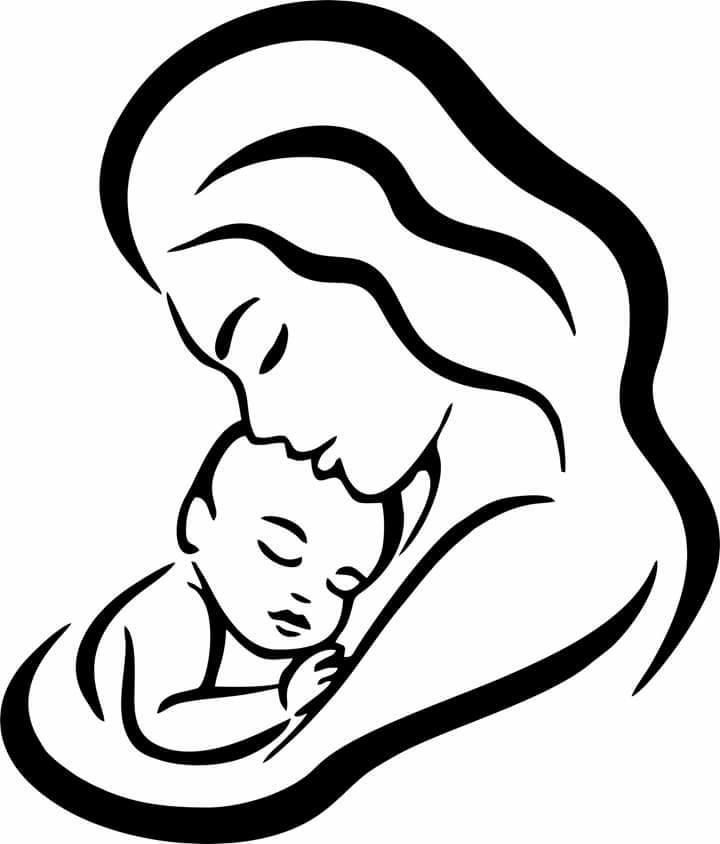
0
Valentine
1
Elvis Left the Building
cats
0
Valentine
ANSWER-YOU!
1
Elvis Left the Building
myself - yes, I'm lazy
1
Valentine
1
Elvis Left the Building
1
Valentine
1
Sasha R.
It's me.
0
Valentine
1
Nikola Mahkov
horror..
0
Bolat Kishkenebaev
this is me
0
Valentine
1
Bolat Kishkenebaev
thanks
1
Valentine
1
Bolat Kishkenebaev
grew up as a pet))))
1
Valentine
1
Bolat Kishkenebaev
bow
1
Muza
i
0
Valentine
1
Cat Maxi
Me
0
Valentine
1
Ludmila Kozyr
i
0
Valentine
1
With whom the child will remain after the divorce, if the mother does not work 2023
What necessary actions should the court take if it is forced to decide with which parent the child will live after the divorce - with the mother or with the father.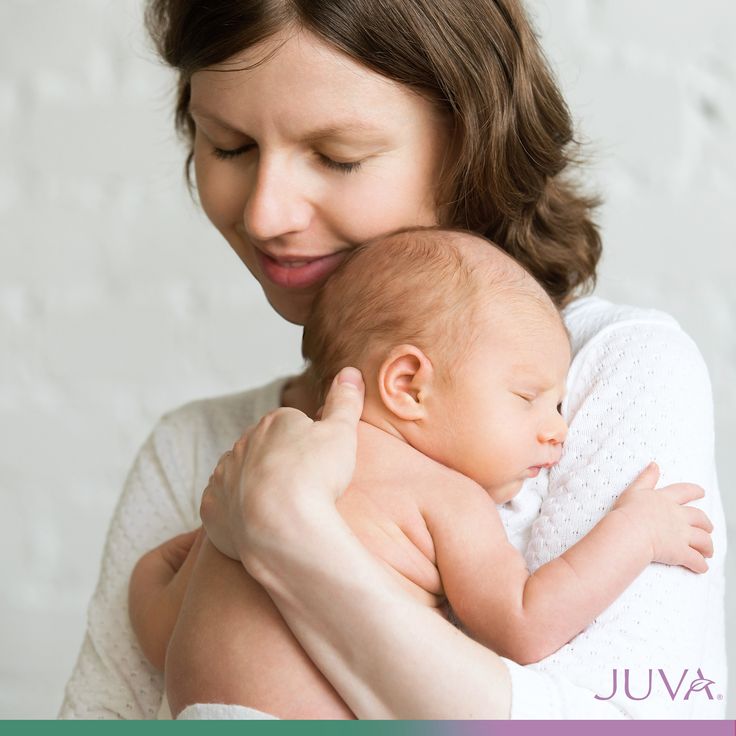
This question, unfortunately, has not lost its relevance for a long time. And that goes for many broken families. And if you believe the statistics, then in our country almost every second marriage finds itself in such a situation.
ONLY TODAY - Ask a lawyer for free!
- Ask a question via online chat
- Call the hotline: All RF - 8(800)302-58-65
It's no secret that not all fathers and mothers manage to maintain a civilized relationship after a divorce. And the main subject of their judicial division is most often not property, but a child.
On the one hand, the law states that mother and father have equal rights in relation to the child. But a little person will have to live with one of the parents. How to do this in the least painful way for children and most correctly according to the law - ours and the world, - said the Supreme Court, revising the standard judicial "division" of the baby between parents.
So, in Vologda, the boy's father came to court with a lawsuit, arguing that after the divorce, the child should be left to live with him, and alimony should be collected from the mother. The woman, on the contrary, asked to determine the place of residence of the baby in her apartment in Moscow and to award alimony to the father of the child. According to her, the child is better with his mother. The representative of the guardianship authorities, represented by the administration of Vologda, fully supported the father's claim.
The representative of the Children's Rights Service of the Government of the Vologda Oblast did the same. They participated in the process as third parties. Their general conclusion is that the father has better conditions for the life of the child than the mother.
Decision of the city court of Vologda - leave the boy to his father. The regional court confirmed the correctness of such a verdict. The child's mother had to go to the Judicial Collegium for Civil Cases of the Supreme Court.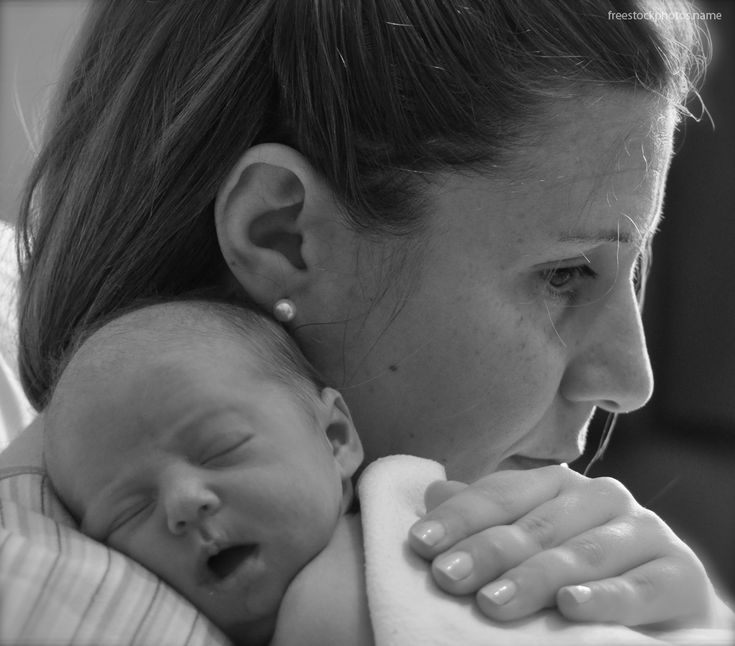
They reviewed the Vologda case and said that there was every reason to cancel the conclusions of the local judges, since they had misinterpreted the law.
The local court, when deciding the dispute in favor of the father, referred to the Family Code (Articles 65, 66). And also, to the Resolution of the Plenum of the Supreme Court on such disputes (N10 of May 27, 1998) and the conclusion of the Department of Education of the Vologda Administration.
Here is what the Supreme Court objected to these arguments of the Vologda courts. First, he recalled that there is a Convention on the Rights of the Child. It states that in all actions concerning children, whether undertaken by public or private institutions, courts or other bodies, the best interests of the child must be a primary consideration.
According to our Russian Family Code, in the event of a divorce, the parents themselves decide which of them the child will live with. True, if the child is already ten years old, then without fail the court must ask the child about where he wants to live.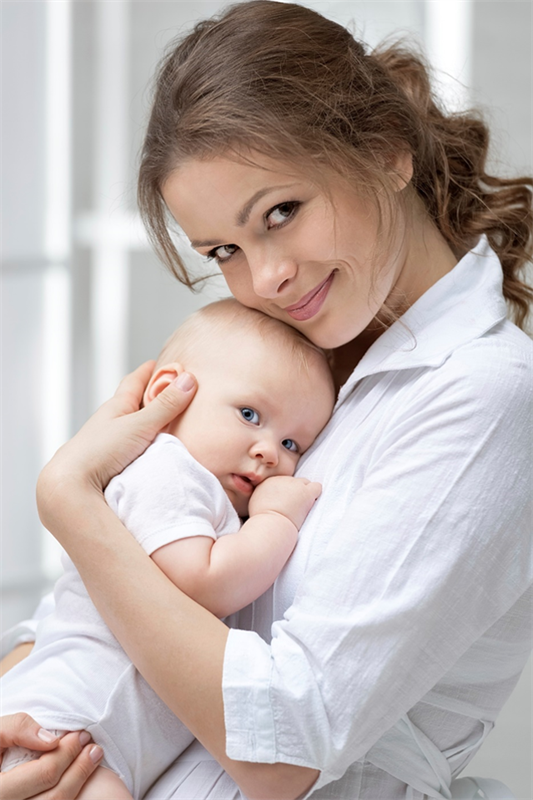 But in our case we are talking about a little boy.
But in our case we are talking about a little boy.
So, according to the law, if there is no agreement between the former spouses, then the court will decide where to live for the child. But in making such a decision, the court must take into account many things. The main thing is that he is obliged to make a decision based only on the interests of the child and taking into account his opinion.
The Supreme Court goes into great detail on listing everything that the court will have to consider if it considers a "child" case. It is necessary to find out the attachment of the baby to each of the parents, brothers and sisters. The age of the child must also be taken into account.
As well as the moral qualities of the parents, the mode of their work, the ability to find time for the child, and so on.
According to the Family Code (Article 78), regardless of who filed a claim, the case must necessarily involve the body of guardianship and guardianship, which is obliged to examine the living conditions of the child and put the act on the table of the court. Moreover, if the parents live in different places, then it is necessary to involve the guardianship authorities, both from the side of the mother and from the side of the father.
Moreover, if the parents live in different places, then it is necessary to involve the guardianship authorities, both from the side of the mother and from the side of the father.
And this is an indispensable condition.
And here's another thing that the Supreme Court specifically emphasized - guardianship should participate in the case as a state body capable of giving a competent opinion on who the child is better off with, and not as a third party. And in our case, guardianship was only a “third” party.
But there were other extremely important points that the local courts did not take into account. So, in violation of the law, the court did not begin to explain why the arguments of one side, in our case, the father, he accepted, but the mother refused. But such an explanation of the court is mandatory. Yes, and the rights to protection under the Constitution of the parties should be the same.
As a result, this is what happened.
In court, the conclusion of a neurologist was added to the case that the baby has astheno-neurotic syndrome, because his mother and older brother negatively influence him.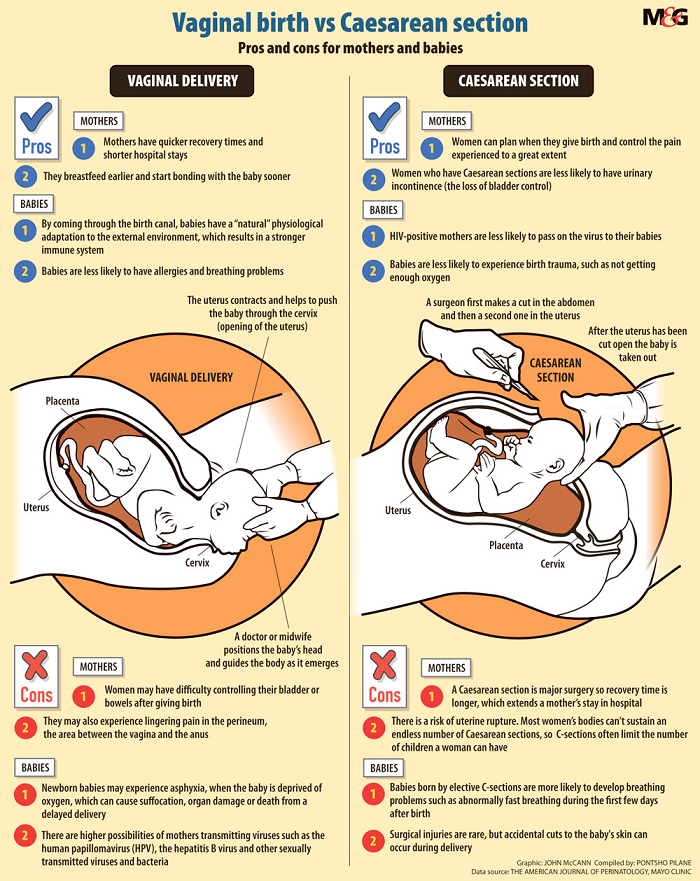 The conclusion was brought by the father, and on the last day when the decision was made. In this case, the mother asked the court to appoint a professional examination of professional doctors.
The conclusion was brought by the father, and on the last day when the decision was made. In this case, the mother asked the court to appoint a professional examination of professional doctors.
And the regional court refused to attach to the case the opinion of such a specialist in the field of psychology, which called into question the competence of a neurologist.
The Supreme Court said: the refusal to appoint an examination, which the mother asked for, infringed on her rights, put the parties in an unequal position and violated the law (Article 195 of the Code of Civil Procedure). The Supreme Court ordered a review of the case, taking into account his explanations. The conclusions made by the Supreme Court in this particular case are a kind of explanation for local judges on how and on what grounds to resolve such disputes.
With whom will the child remain after the divorce?! Those who know, tell me.
Maybe someone had a similar situation or there are people here who are competent in this matter. I am 23 years old, I have been married for 2 years, I have a child of 6 months. Divorce at the initiative of my husband, but the relationship is at an impasse and I do not intend to save the family.
I am 23 years old, I have been married for 2 years, I have a child of 6 months. Divorce at the initiative of my husband, but the relationship is at an impasse and I do not intend to save the family.
After graduating from the institute, I did not officially work anywhere, immediately after pregnancy, childbirth and maternity leave. In September I go to work for half a day (as a teacher), my mother will help with the child. The help from my parents is colossal, I think. Thanks to them, I do tutoring (as a part-time job, 6 hours a week, only two students) and go to the gym (3 times a week for about 2 hours).
My husband does not take care of the child himself and constantly tells me that I am a bad mother, leave the child and go about my business. At the moment, the child and I are registered in an apartment that my husband bought in marriage at his own expense, it is in a mortgage, the husband pays the mortgage. If the child and I register with the parents and live with them in an apartment, then a total of 5 people will be registered, the apartment will have 64 varrats, 3 rooms.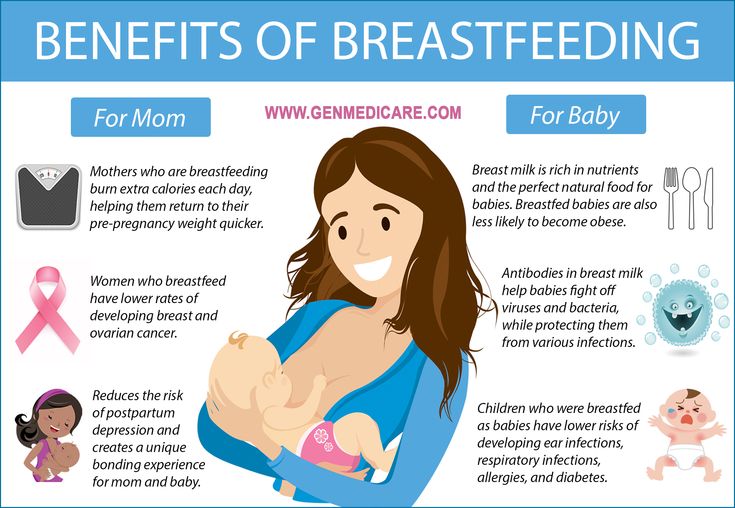 Not enough per person. Tell me, in the event of a divorce, on whose side will the court be?
Not enough per person. Tell me, in the event of a divorce, on whose side will the court be?
Who will the child stay with? I'm very worried about this!
July 31, 2015, 10:47 am
[2464988325]
Add to favorites
Reply to author
Continue
48 replies
Last — August 03, 2015, 00:54 Go to
July 31, 2015, 11:35
with you, apply for alimony and maintenance up to 3 years.
July 31, 2015, 11:42 am
with you, apply for alimony and maintenance up to 3 years.
Can I apply if I am officially employed from the age of 8 months?
July 31, 2015, 11:53
1) Judgment is only on the woman's side. Always. Have fun.
2) Your husband is right. You scored on your family, scored on your husband and pushed your worries onto your parents.
And yes.
You are a bad mother.
Then you will understand why. When your child tells you.
But that will be when he grows up.
[2477816914]
July 31, 2015 at 12:00 pm
1) Judgment is only on the woman's side. Always. Have fun.
Always. Have fun.
It will also squeeze out part of the apartment.
[41558
]Jul 31, 2015 12:04 pm
It will also squeeze out part of the apartment.
yes. But they will also pay in half. The author does not think about it, as I understand it. really, why?
July 31, 2015, 12:04
It will also squeeze out part of the apartment.
I don't need an apartment, I'm ready to check out and write a refusal, let him do what he wants with it.
July 31, 2015, 12:10
1) Judgment is only on the woman's side. Always. Have fun. 2) Your husband is right.
You neglected your family, neglected your husband and pushed your worries onto your parents. And yes. You are a bad mother. Then you will understand why. When your child tells you. But that will be when he grows up.
1) Judgment is only on the woman's side. Always. Have fun. 2) Your husband is right. You scored on your family, scored on your husband and shoved your worries onto your parents.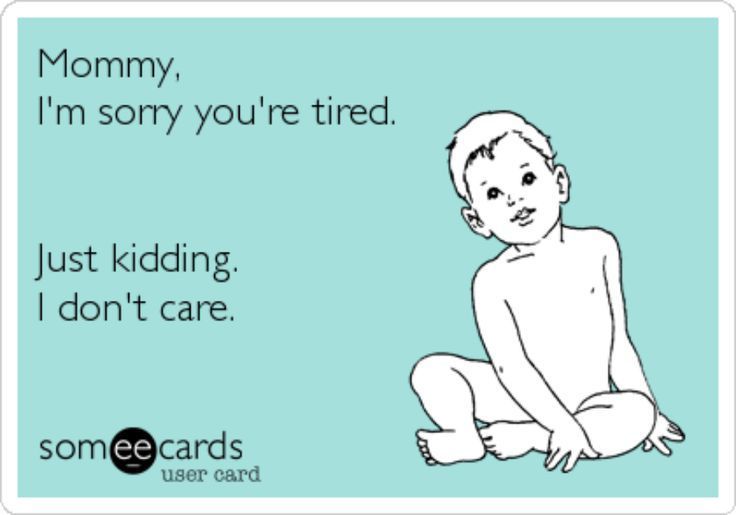 And yes. You are a bad mother. Then you will understand why.
And yes. You are a bad mother. Then you will understand why.
When your child tells you this. But that will be when he grows up.
I won't argue with you, you see it from the outside. I only went to the gym, because my husband began to reproach that he was “getting hot”, and I am engaged in tutoring, as my husband gives money for a child, and then if I ask. On what, excuse me, should I live? Ask your parents?
Parents sit with the child as they wish. And I do not go to work from a good life.
July 31, 2015, 12:12
yes. But they will also pay in half. The author does not think about it, as I understand it. really, why?
I'm not looking for an apartment, I don't need it.
[2773706818]
Jul 31, 2015 12:13 pm
While the child is a minor, no one will evict you from the apartment without your consent. This is first. Secondly, the apartment was bought in marriage, which means joint.
You are fully entitled to half. The husband will not be able to write you out, and you can register the child without his consent. So do not rush to your parents and do not sign out.
So do not rush to your parents and do not sign out.
The child will be with you in any case, the husband will not be able to sue him, and he will not want to. Do not write a refusal from an apartment, do not do such a stupid thing, it will still be very useful to you. Otherwise, you'll regret it later.
Now you are emotional, but here you need to make decisions with a cool head.
[1928103723]
July 31, 2015, 12:14 pm
actually only you can file for divorce until the child is one year old. husband can't. a man has no right to file for divorce while the wife is pregnant and the child is under one year old
July 31, 2015, 12:16
1) Judgment is only on the woman's side. Always. Have fun. 2) Your husband is right. You scored on your family, scored on your husband and shoved your worries onto your parents. And yes. You are a bad mother. Then you will understand why.
When your child tells you this. But that will be when he grows up.
1) The court is on the side of the woman, because the men's own children did not rest against FIG.
2) She didn't give up on her family, at least 3 trips to the gym a week is no reason to think so. I also went and go to the gym and to the pool. And with the child at that time there was a mother or husband. And I look good.
And everyone considers a good mother, I pay a lot of attention to my daughter.
This is a comment of a man offended by the fate, whose bzh really “slaughtered” a child or a house builder, who believes that the ideal mother is zachu/khan/naya fat/na/ya klu//sha in a shabby dressing gown with a childish surprise on her forehead. And the author is well done, that he takes care of himself, as it should be.
But it's not clear - how to divorce up to 12 months. child can be initiated by her husband? Until the child is 1 year old, he cannot file for divorce.
P.s. There would be a bad mother - would not create this topic. She wouldn't care who the baby was with.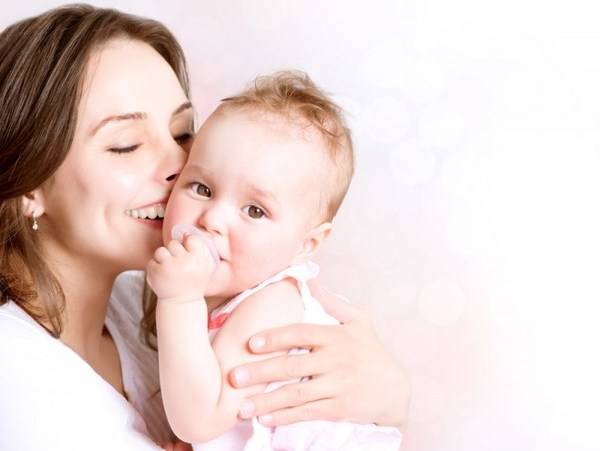 With my husband, it's even better.
With my husband, it's even better.
And there are plenty of such cuckoos. And since she is worried, it means that the mother is good and loves the child. And you are a vicious envious / envious person.
Related Topics
Believing husband
October 02, 05:47
July 31, 2015, 12:18 pm
I won't argue with you, you see it from the outside. I only went to the gym, because my husband began to reproach that he was “getting hot”, and I am engaged in tutoring, as my husband gives money for a child, and then if I ask. On what, excuse me, should I live? Ask your parents?
Parents sit with the child at will. And I do not go to work from a good life.
I already wrote, do not pay attention. If they were a bad mother, this topic would not exist. She herself was in a similar situation.
You are doing the right thing by going to the gym.
July 31, 2015, 12:26
I'm not looking for an apartment, I don't need it.
mortgage you still have to pay the author in half.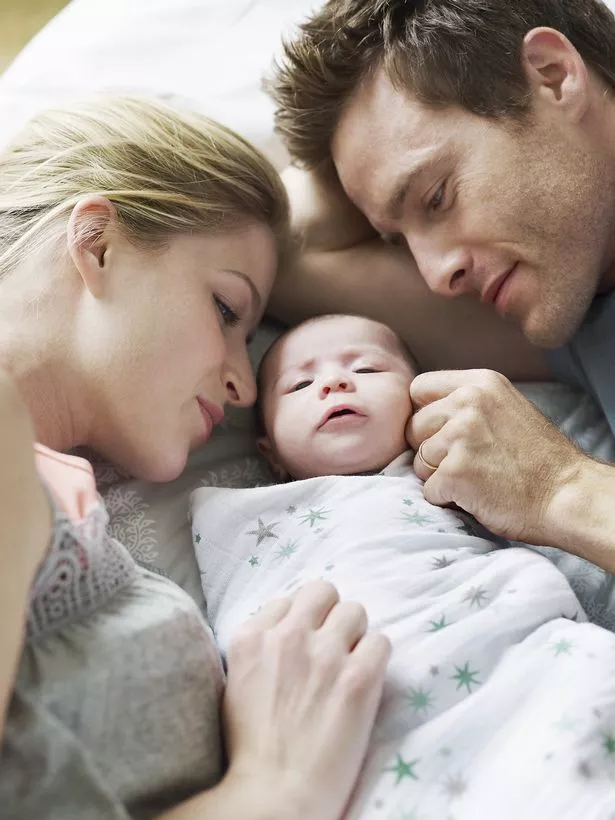 or you didn't know?
or you didn't know?
July 31, 2015, 12:33
And the child will stay with you, and mortgage debts too.
July 31, 2015, 12:39 pm
While the child is a minor, no one will evict you from the apartment without your consent. This is first. Secondly, the apartment was bought in marriage, which means joint.
You are fully entitled to half. The husband will not be able to write you out, and you can register the child without his consent. So do not rush to your parents and do not sign out. In any case, the child will be with you, the husband will not be able to sue him, and he will not want to. Do not write a refusal from an apartment, do not do such a stupid thing, it will still be very useful to you.
Otherwise, you will regret it later. Now you are on emotions, but here you need to make decisions with a cold head.
Thank you for your advice!
July 31, 2015, 12:41 pm
actually only you can file for divorce until the child is one year old. husband can't. a man has no right to file for divorce while his wife is pregnant and the child is under one year old
husband can't. a man has no right to file for divorce while his wife is pregnant and the child is under one year old
What if he files, but I don't mind? Is that also not possible? When there is mutual desire, will they not divorce?
July 31, 2015, 12:47
What if he submits and I don't mind? Is that also not possible? When there is mutual desire, will they not divorce?
No, only if you apply yourself.
July 31, 2015, 12:50
1) The court is on the woman's side, because the men's own children didn't give a damn about it. I also went and go to the gym and to the pool. And with the child at that time there was a mother or husband. And I look good. And everyone considers a good mother, I pay a lot of attention to my daughter. This is a comment of a man offended by fate, whose bzh really “scored” a child or a housebuilder who believes that an ideal mother in a worn dressing gown with a childish surprise on his forehead.
And the author is well done, that he takes care of himself, as it should be. child can be initiated by her husband? Until the child is 1 year old, he cannot file for divorce. There would be a bad mother - would not create this topic.
child can be initiated by her husband? Until the child is 1 year old, he cannot file for divorce. There would be a bad mother - would not create this topic.
It wouldn't matter to her who the child would be with. With my husband, it's even better. And there are enough of these cuckoos. And since she is worried, it means that the mother is good and loves the child.
And you are an evil envious person.
Thank you for your answer)) yes, my husband thinks so - she must stay at home, she must serve him, she must, she must. and he himself does nothing at this time - hospitals, a swimming pool for a child, etc. - my mother does all this, postponing her business. We live in a small town, so we have to go to another city to see good doctors. And the husband sings songs about how they used to give birth in the field. "
etc. And if both agree to a divorce, the child will not be divorced before the year?!
July 31, 2015, 12:52
I already wrote, do not pay attention. If they were a bad mother, this topic would not exist. She herself was in a similar situation.
If they were a bad mother, this topic would not exist. She herself was in a similar situation.
You are doing the right thing by going to the gym.
Thank you again!
July 31, 2015, 13:03
mortgage you still have to pay the author in half. or you didn't know?
I don't know what it's called correctly, but when my husband took out a mortgage, he signed a paper saying that only he pays the mortgage, and in the event of his death or something else, I don't have to reimburse the rest of the funds.
July 31, 2015, 13:32
The author, the judge is usually on the mother's side. In any case, whatever happens in court, keep yourself in control, do not hysteria, show that you are an adequate, positive person. Answer clearly, express your thoughts clearly.
July 31, 2015, 14:07
Can I apply if I am officially employed from the age of 8 months?
If you are officially employed, the court will not award you child support, only for the child.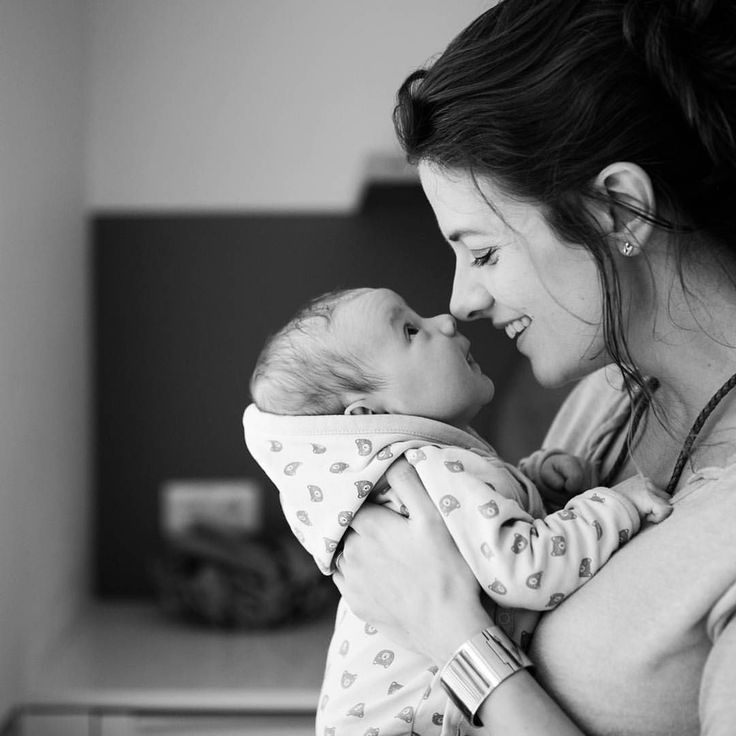 In our country, the child is left with the mother, unless it is proven that the mother is a drug addict, alcoholic, or with serious mental disabilities.
In our country, the child is left with the mother, unless it is proven that the mother is a drug addict, alcoholic, or with serious mental disabilities.
Maxim Sorokin
Practicing psychologist
692 answers
Ekaterina Golikova
38 answers
Alla Buraya
69 answers
Irina Gudkina
17 answers
Klimkova Tatyana
78 answers
Galimov Ildar
Family psychologist.
166 responses
Julia Lekomtseva
Cosmetologist
257 answers
Maria Burlakova
173 answers
Nikita Nosov
Practicing psychologist
37 responses
Letosheva Tati
Expert in Eastern practices
July 31, 2015, 14:11
If you are officially employed, the court will not award you child support, only for the child. In our country, the child is left with the mother, unless it is proven that the mother is a drug addict, alcoholic, or with serious mental disabilities.
Yes, I don't really need them) let him support the child if he wants!
July 31, 2015, 14:20
Thank you for your answer)) yes, my husband thinks so - she must stay at home, she must serve him, she must, she must. and he himself does nothing at this time - hospitals, a swimming pool for a child, etc. - my mother does all this, postponing her business. We live in a small town, so we have to go to another city to see good doctors. And the husband sings songs about how they used to give birth in the field. "Etc.
And if both agree to a divorce, will the child not be divorced until the age of one?!
I got divorced when my daughter was 8 months old. She filed for divorce herself, a month later she was divorced in court. They will divorce, but not at his request, but at yours.
For those who are spiteful - my daughter is 5 years old, I have been quite happily married for 2 years to an absolutely normal man (without military training, with housing, a good job and only 3 years older than me). And we are expecting a common daughter.
No. Author, take a closer look at the situation. I don't know your circumstances. Try to keep the family together with your husband. Many of them believe that nature has given everything to a woman, and they feed the child only with milk from sisi, and they gave birth in the field, etc.
Complete illiteracy in these matters. Now I am slowly enlightening my husband about what, why, for what and how. Why will we pay a doctor who will give birth in October, why the tummy will not go away from home exercises. As a result, they slowly put aside the money for all this, and flew off to rest, because. then it won’t be up to it, and I’ve already bought a subscription to the pool and the gym since January, and I’m going to sit with the children, because. wants a beautiful slim wife.
But all this is the result of conversations, and articles from magazines, and communication with acquaintances with small children, and so on.
The Supreme Court clarified the rules for disputes about children between parents
Of all the disputes that citizens face in divorce, the most difficult from all points of view is the “dividing of the child”. Officially speaking, it is the determination with which of the parents after the divorce the child will live.
weerapatkiatdumrong / istock
According to lawyers who are professionally involved in divorce proceedings, it is not always possible for parents to come to an agreement in such disputes. Sometimes it happens with loving parents, when nothing bad can be said about any of them.
But more often, and this is clearly seen from judicial practice, the determination of the place of residence of a child after a divorce is far from always connected with the parents' real concern for his fate. Often the requirement to leave the child with one of the parents is associated with a desire to painfully avenge a failed life together.
Given that there are many such disputes in our courts, and there is virtually no uniform judicial practice, the clarifications of the Judicial Collegium for Civil Cases of the Supreme Court of the Russian Federation may be useful to both citizens and regional judges.
In our case, the child's parents also decided in court with whom to live with. The situation was the most standard - both parents were characterized positively. But local courts disagreed on which of them had the best opportunity to raise a common child. The district court decided that it was right to leave the baby to the mother, although her living conditions were worse than those of the father.
But the second instance canceled this decision and took the side of the former spouse.
As a result, the Supreme Court had to review different results of one dispute. His Judicial Collegium for Civil Cases explained what circumstances would be considered the main ones in similar family disputes.
In our case, it all started with the fact that a citizen brought a lawsuit against her husband, whom she separated from, but did not officially divorce. The woman asked to determine the place of residence of the child with her. The father, in turn, believed that the son should stay to live with him.
As a result, the following picture emerged - the child passed from hand to hand. That is, at first he lived with his mother, then with his father, and then the mother asked the court to give her son to her. The situation was complicated, oddly enough, by the fact that the parents were characterized positively.
In the first instance, the court left the child with the mother, reducing the time of visits between the father and the child to four hours on weekends and public holidays. When deciding in favor of the plaintiff, the court recalled one of the principles of the Declaration of the Rights of the Child. It states the following: "A young child shall not, except in exceptional circumstances, be separated from his mother."
The father protested this verdict. And already the appeal made the opposite decision - the child will live with his father. The judges of the second instance proceeded from the fact that the father's living conditions are better. The man is an entrepreneur, lives in his own house, where the child has a separate room and everything necessary. Plus, the father is really engaged in raising his son.
The child's mother does not work, she lives on alimony for the older child, allowances and assistance from relatives. And her living conditions are worse.
From all this, the appeal concluded that the mother had no real opportunity to raise a child who had already become attached to the father.
With such decisions, the case reached the Supreme Court, which studied the dispute and stated: the advantage in the financial situation of one of the parents is not an unconditional basis for satisfying the requirements of this parent.
According to the Supreme Court, such disputes should be based on the interests of the child as a whole and "the circumstances characterizing the situation that has developed in the place of residence of each of the parents." However, in order to find out what this situation is, evidence is required - the conclusions of the court "should not be general and abstract," the ruling in the case emphasizes, the court must refer to normative acts and evidence. It was they who were not enough, the Supreme Court stressed.
The advantage in the financial situation of the parent is not the basis for a decision in his favor
The High Court recalled Article 78 of the Family Code. It says that if the courts consider disputes related to the upbringing of children, the guardianship authorities must be involved in the case, regardless of who brought the claim in defense of the child. Guardianship must conduct a survey of the living conditions of the child and those who want to educate him.
The inspection report and the conclusion based on it on the merits of the dispute are submitted to the court. “The conclusion of the body of guardianship and guardianship must be signed by an authorized official of the body of guardianship or local government,” recalls the Supreme Court. However, there was no such conclusion in the case.
Also, the Supreme Court said, the courts did not order the expert examination requested by the child's father. The non-appointment of an expert examination by the court is considered a significant violation of the norms of procedural law. As a result, the Supreme Court ordered the appeal to reconsider the case.
SC explained with whom to leave the child to live after the parents' divorce
Lawsuits from parents to determine the child's place of residence have long ceased to be a rarity in our courts. These are very difficult processes, and in every sense - financial and moral. Therefore, the verification of one such “divisive” dispute by the Judicial Collegium for Civil Cases of the Supreme Court can be called very important for many citizens.
Sergey Kuksin/RG
Until now, there is a very widespread opinion that the court in such disputes will always take the side of the parent who is “richer”. And who can provide his child with a greater set of material goods. Indeed, examples can be found for such conclusions, but the position of the country's most experienced judges explains how to properly resolve such disputes and what will be the main thing in them, and what should not be forgotten in family court disputes.
There is, for example, a point that the courts must see. Far from always, the "division" of a small person is connected with the actual concern of parents for the fate of the child.
The main difficulty in such cases lies not only in the significance of the questions put before the court, but also in determining the correct subject of proof and assessing the evidence. One of the aspects of proof that can be forgotten in a dispute was indicated by the Supreme Court in its ruling.
So, a certain lady filed a lawsuit against her husband, with whom she broke up, but so far officially, “on paper”, she has not divorced. The plaintiff asked to determine the place of residence of the child with her. The father, in turn, believed that the son should stay with him.
Both parents were perfectly normal and decent people. Therefore, a paradoxical situation developed in this family - the child passed from hand to hand. That is, at first he lived with his mother, then with his father, and then the mother asked the court to give her son to her.
The District Court, after hearing the parties, left the child with the mother, reducing the visits between the father and the child to four hours on weekends and holidays. The district court explained this reduction simply - the child is only a year old, and it is impossible to separate him from his mother. The father, of course, did not agree with the decision and protested it.
The financial situation of the parent is not an unconditional argument in the dispute about the place of residence of the child
On appeal, they met him halfway and made the opposite decision. The judges of the city court proceeded from the fact that the living conditions of the father are better than those of the mother.
The baby's father is an individual entrepreneur, lives in his own house, where the child has a separate room and everything necessary. The father, as the judges emphasized, is personally involved in raising his son. The mother, they said in the appeal, does not work at the moment, lives on alimony, which she receives for the eldest child, allowance and assistance from relatives.
The woman lives in an old house with stove heating and a toilet outside.
From all this, the appeal concluded that the mother had no real possibility of raising a child who had "already become attached to the father."
Now the mother went to a higher authority to challenge this decision. The Judicial Collegium for Civil Cases of the Supreme Court had to deal with the issue.
Here is the main idea expressed by the Supreme Court. The financial position and household advantage of one of the parents in itself is not an unconditional basis for satisfying the requirements of this parent for the child to live with him.
Courts in considering such disputes must proceed from the interests of the child in the aggregate and the circumstances characterizing the situation that "has developed in the place of residence of each of the parents." However, in order to find out what this situation is, evidence will be required - the conclusions of the court "should not be general and abstract," the definition emphasizes. Reference in the court decision should be to normative acts and evidence.
And they were not enough in this dispute.
The Supreme Court recalled the Family Code and its article 78. It says that if the courts consider disputes related to the upbringing of children, the guardianship authorities must be involved in the case, regardless of who brought the claim in defense of the child. Before the process, the guardian must conduct a survey of the child's living conditions and those who want to educate him.
The inspection report and the conclusion based on it are submitted to the court.


